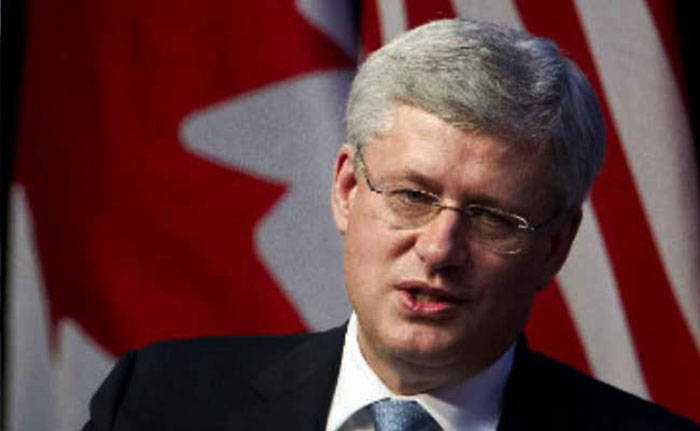In 2011, the Conservatives won 14 of 32 Atlantic seats, with the centre-left Liberals taking 12 and New Democratic Party six.
"These are not the results we were hoping for in Atlantic Canada," former Conservative Justice Minister Peter MacKay, who resigned in May, said in a television interview.
He added: "The Conservative Party is resilient ... and we`ll be around to govern again," MacKay said.
If the early gains continue into vote-heavy central Canada, it would end the Conservatives` near-decade long run in power and reflect a political shift away from Harper`s brand of fiscal and cultural conservatism.
The 11-week campaign was considered too close to call for nearly two months, a virtual tie between the Conservatives, Liberals and left-leaning NDP.
But Trudeau, the 43-year-old son of former Prime Minister Pierre Trudeau, vaulted from third place to lead the polls in the final days of the campaign, overcoming Conservative attacks that he is too inexperienced to govern.
Trudeau has pledged to run small budget deficits and spend on infrastructure to stimulate economic growth, which has been anaemic for years. He has also promised to raise taxes on high-income Canadians and reduce them for the middle class.
"People had an appetite for change," Conservative cabinet minister Gail Shea, who lost her Prince Edward Island seat, told the CTV News. She conceded voters disliked Harper. "I heard it on the doorstep and I expected it to affect the campaign."
More about:
















































